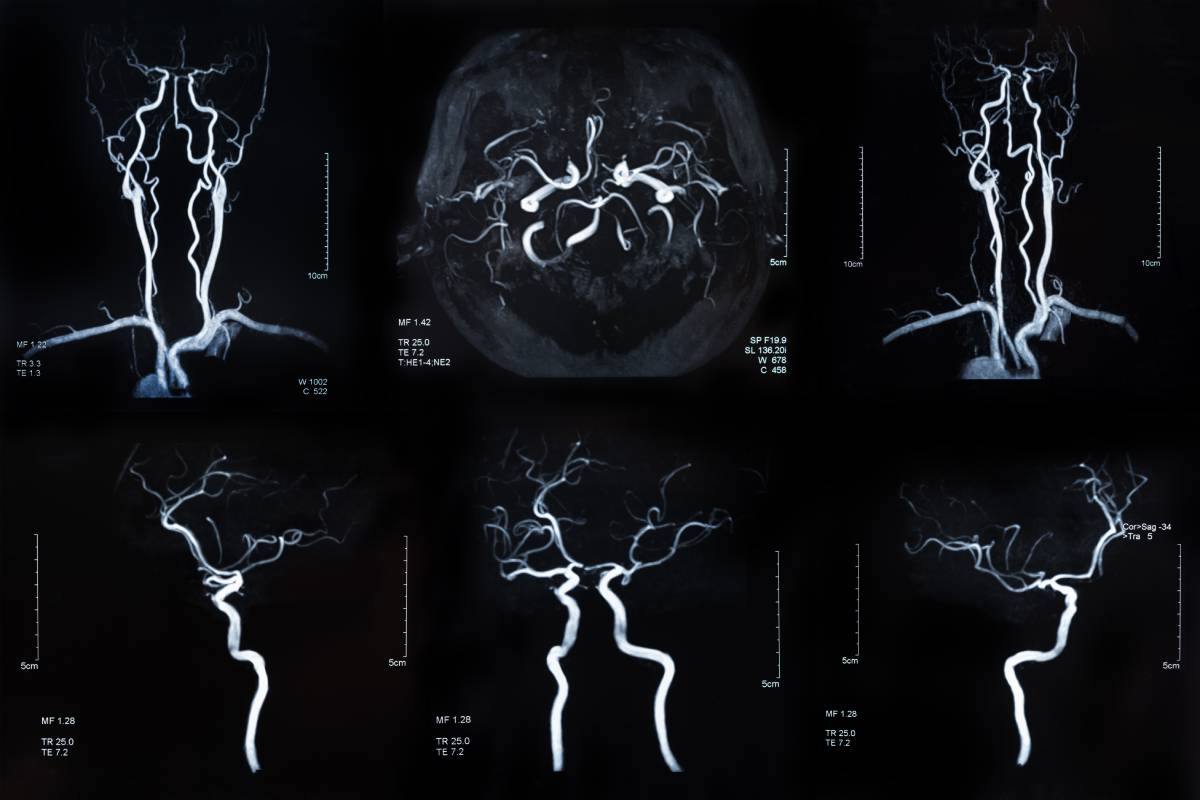
Human challenge studies are research experiments involving the deliberate exposure, or “challenge” of human subjects to infectious disease—regardless of whether they have been vaccinated [1]. Indeed, a human challenge study can involve observing the results of certain treatments, including vaccines, as well as the course of the infection itself.
Human challenge studies have been part of medical research and the development of treatments since the eighteenth century. It is widely accepted that the first modern human challenge study was conducted by Edward Jenner in 1796 [2]. At the time, smallpox was widespread and virulent. Variolation, wherein a subject would be deliberately exposed to smallpox in an attempt to inoculate them, had a high incidence rate. Jenner’s experiment involved exposure to cowpox, a milder disease, through rubbing the infection onto incisions in the skin, and proved successful. Contemporary researchers acknowledge that Jenner’s experiment was ethically dubious, in part because his first subject was a child and therefore could not give informed consent [2]. However, these studies have remained part of medical research ever since. Discussion surrounding the efficacy and ethics of these studies has surfaced during major pandemics, including the most recent COVID-19 pandemic.
The persistence of human challenge studies is in part due to the establishment of certain ethical standards in medical research that has allowed for the minimization of risk. However, the extent to which these studies are ethically acceptable continues to be debated. Bambery et al. list several criteria that are already standard for medical research, including risk reduction, informed consent, and attention to how participants are selected [3]. In addition, the authors propose criteria for performing human challenge studies, including independent review of the challenge model, assessment of risks and benefits that is accessible to the public, protective measures to prevent those outside of the study from being exposed, and compensation to participants for harm incurred [3].
When it comes to pandemics, these studies can improve the speed and efficacy with which vaccines are approved. It also requires far fewer subjects to be exposed to potentially harmful vaccine candidates than in a traditional phase 3 trial [4]. Eyal et al. argues that the pressing nature of the COVID-19 pandemic made human challenge studies permissible, assuming they follow an appropriate design [4].
However, this model does not entirely assuage concerns regarding public perception and risk to participants [5]. High risk of exposure to COVID-19 is correlated with vulnerabilities such as poverty. Given the history of exploitation connected to human challenge studies, targeting populations that have been subjected to injustice for recruitment as test subjects could reflect badly on the project and sow mistrust in the communities that researchers rely on to collect data [6]. And while Eyal et al. emphasize that volunteers should receive priority care, it is not guaranteed that treatment for damage done to participants’ health in potential studies will be fully compensated [6].
In February, the government of the United Kingdom received approval to launch the first human challenge study involving SARS-COV-2. The study will involve first infecting patients and observing them in quarantine, and later it will involve the testing of vaccine candidates [1]. Researchers are still recruiting participants for this study. How the researchers will handle the ethical dilemmas mentioned above as they arise remains to be seen, but, if successful, the study could improve our understanding of the virus and accelerate the arrival of approved vaccines to the market.
References
[1] Newman, Tim | Medical News Today | Feb 18, 2021. “What Are Human Challenge Studies?” Medical News Today, 18 Feb. 2021, https://www.medicalnewstoday.com/articles/what-are- human-challenge-studies
[2] Machemer, Theresa | Smithsonian Magazine | Dec 16, 2020. “A Brief History of Human Challenge Trials” Smithsonian Magazine, 16 Dec. 2020, https://www.smithsonianmag.com/science-nature/brief-history-human-challenge-trials-180976556/
[3] Bambery, B. et al. “Ethical Criteria for Human Challenge Studies in Infectious Diseases: Table 1.” Public Health Ethics, vol. 9, no. 1., 2015, pp. 92-103. Doi: 10.1093/phe/phv026.
[4] Eyal, N., et al. “Human Challenge Studies to Accelerate Coronavirus Vaccine Licensure.” The Journal of Infectious Diseases, 2020. Doi: 10.1093/infdis/jiaa152.
[5] “Human Challenge Studies Are Unlikely to Accelerate Coronavirus Vaccine Licensure Due to Ethical and Practical Issues.” The Journal of Infectious Diseases, 2020. Doi: 1093/infdis/jiaa457.
[6] Euzebiusz, J. & Michael J. Selgelid. “COVID-19 Human Challenge Studies: Ethical Issues.” Lancet Infectious Diseases, 2020. Doi: 10.1016/S1473-3099(20)30438-2.

